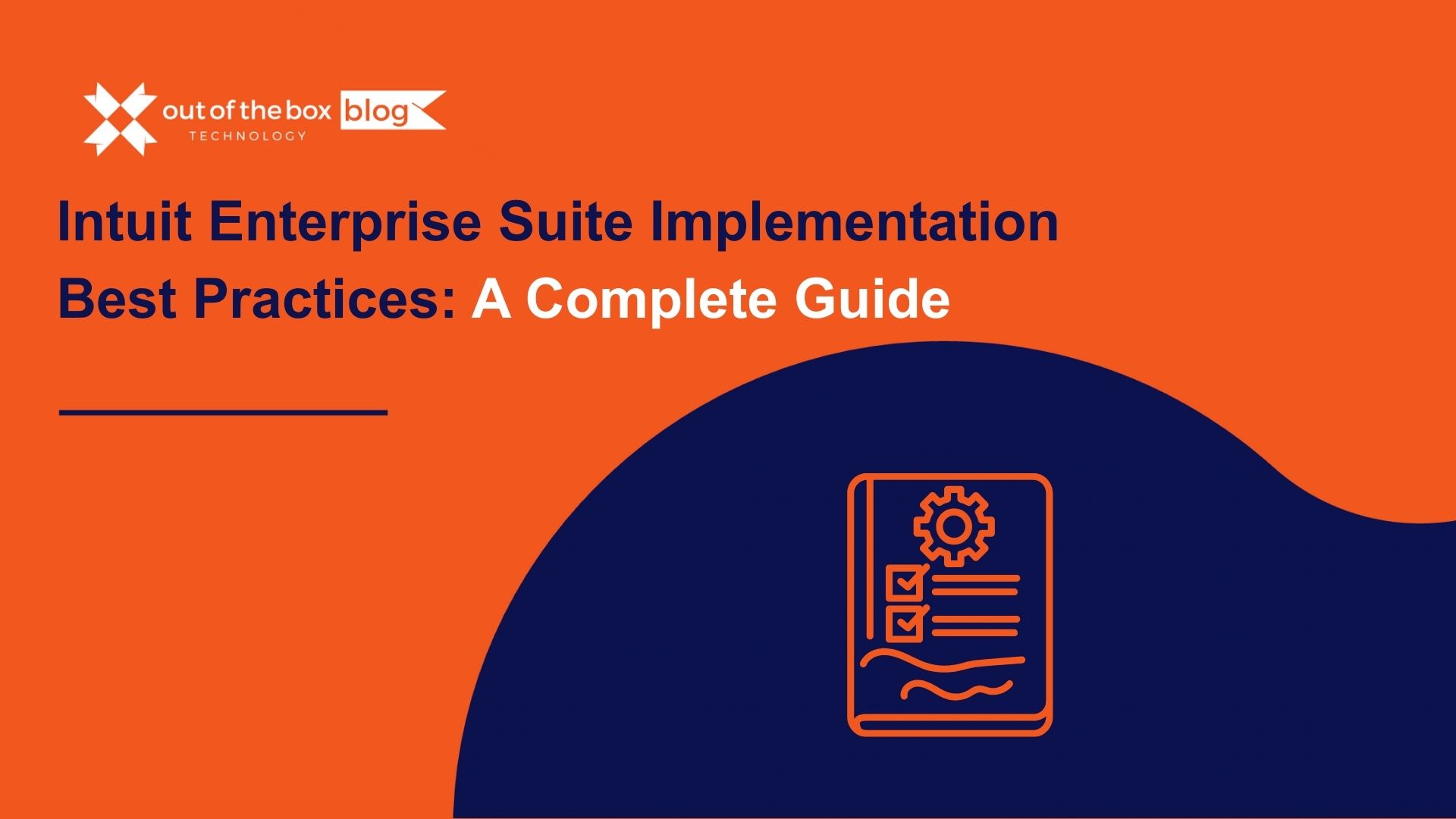In today’s fast-paced business world, small business financial reporting can make the difference between thriving and merely surviving. Whether you’re running a small retail store, a digital agency, or a local restaurant, regular financial reporting is essential for making informed decisions and keeping your business healthy. In this article, we’ll explore the importance of consistent financial reporting, the benefits it offers, and provide practical examples and data points to emphasize its impact. We’ll also answer some frequently asked questions to help you implement a strong financial reporting process.
What is Financial Reporting for Small Businesses?
Financial reporting refers to the systematic preparation of financial statements that show the business’s financial performance over a given period. These reports typically include:
- Balance Sheet (Statement of Financial Position): Provides a snapshot of the company’s assets, liabilities, and equity.
- Income Statement (Profit and Loss Statement): Shows revenues, expenses, and profits or losses.
- Cash Flow Statement: Tracks the movement of cash in and out of the business.
For small businesses, financial reporting is typically done monthly, quarterly, or annually. Regular reporting ensures that you’re consistently monitoring your financial health, identifying issues early, and making strategic decisions.
Why is Regular Financial Reporting Important for Small Businesses?
Many small business owners focus on day-to-day operations and overlook the value of financial reporting. However, a lack of financial visibility can lead to poor decisions, cash flow problems, and even business failure. Here’s why regular small business financial reporting is so crucial:
- Better Cash Flow ManagementAccording to a 2022 QuickBooks study, 60% of small business owners say cash flow has been a problem. Regular financial reporting helps track how cash is flowing in and out of your business, enabling you to anticipate cash shortages and manage expenses accordingly.Example: If you notice through your monthly cash flow report that payments from clients are delayed, you can proactively follow up or implement stricter payment terms to maintain liquidity.
- Improved Decision-MakingInformed decisions are the backbone of any successful business. Financial reports provide data-driven insights that help you make better decisions about inventory, staffing, pricing, and marketing.Example: By reviewing your income statement regularly, you may notice that a specific product line is underperforming. This insight allows you to decide whether to improve, promote, or discontinue the product.
- Easier Access to FinancingLenders and investors require accurate financial reports to assess your business’s creditworthiness. Regular reporting ensures you always have up-to-date financial data when applying for loans or seeking investment.Data Point: The Federal Reserve’s 2023 Small Business Credit Survey found that 45% of small businesses seeking loans were approved, with strong financial documentation being a key factor.
- Tax Preparation and ComplianceKeeping financial records organized throughout the year makes tax preparation easier and more accurate. This reduces the risk of errors and penalties from the IRS.Example: By maintaining up-to-date expense records, you can claim eligible deductions and avoid overpaying on your taxes.
- Fraud Detection and PreventionSmall businesses are not immune to fraud. Regular financial reporting helps you spot irregularities, discrepancies, or unauthorized transactions early.Data Point: According to the 2022 Report to the Nations by the Association of Certified Fraud Examiners (ACFE), small businesses (those with fewer than 100 employees) suffer the highest median losses due to fraud — around $150,000 per case.
- Business Growth and PlanningFinancial reports are invaluable when planning for growth. They help you set realistic goals, forecast revenue, and identify areas for investment.Example: By analyzing your year-over-year income statements, you can spot trends and make strategic decisions to expand your operations or launch new products.
Key Benefits of Regular Financial Reporting
1. Increased Financial Visibility
Regular financial reports give you a clear picture of your business’s health. This transparency helps you stay in control and avoid unexpected financial crises.
Real-Life Example: Imagine a small e-commerce business that generates monthly financial reports. By tracking sales and expenses closely, the business owner notices a decline in profits due to rising shipping costs. This insight allows them to switch to a more cost-effective shipping provider, improving profitability.
2. Early Identification of Problems
Financial issues can snowball if left unchecked. Regular reporting allows you to detect problems early and address them before they become unmanageable.
Example: A small bakery sees that their monthly financial report shows an increasing cost of ingredients. By identifying this trend early, they can explore new suppliers or adjust pricing to maintain margins.
3. Benchmarking and Performance Tracking
Regular financial reports allow you to compare your business’s performance over time and against industry standards.
Data Point: According to the 2022 Small Business Benchmarking Report by Xero, businesses that benchmark their performance are 35% more likely to grow their revenues.
4. Enhanced Credibility and Trust
Accurate and timely financial reporting builds trust with stakeholders, including investors, partners, and employees. It shows you are transparent and competent in managing your finances.
Example: A small IT consultancy with consistent financial reporting practices can more easily attract investors compared to one with irregular reporting.
5. Operational Efficiency
Financial reports highlight inefficiencies and areas where you can cut costs or improve operations.
Example: A small manufacturing firm notices from their expense reports that maintenance costs have risen significantly. By investigating, they realize that equipment upgrades could reduce these costs long-term.
Data-Driven Insights: Financial Reporting Success Stories
- Case Study: Local Restaurant Chain A small restaurant chain implemented monthly financial reporting and discovered that their food costs were 35% higher than the industry average of 28-32%. By renegotiating supplier contracts and reducing waste, they improved their gross profit margin by 8% within six months.
- Case Study: Digital Marketing Agency A digital marketing agency used quarterly financial reports to analyze client profitability. They found that 20% of their clients were consuming 50% of their resources while generating only 10% of revenue. By restructuring contracts and focusing on high-value clients, they increased profits by 25%.
How to Implement Regular Financial Reporting
- Use Accounting Software: Tools like QuickBooks, Xero, and FreshBooks automate financial reporting and ensure accuracy.
- Set a Reporting Schedule: Decide on a monthly, quarterly, or annual reporting cycle and stick to it.
- Hire a Professional: Consider working with a bookkeeper or accountant to ensure your reports are accurate and compliant.
- Review Reports Regularly: Don’t just generate reports – analyze them to make informed decisions.
FAQs about Small Business Financial Reporting
1. How often should small businesses generate financial reports?
Ideally, small businesses should generate monthly financial reports to keep a close eye on cash flow and performance.
2. What’s the difference between financial reporting and bookkeeping?
Bookkeeping involves recording daily transactions, while financial reporting compiles this data into meaningful reports for analysis.
3. Can I handle financial reporting myself?
If your business is small and straightforward, you can manage financial reporting with the help of accounting software. However, for more complex needs, it’s wise to hire a professional.
4. What’s the most important financial report for a small business?
While all reports are valuable, the cash flow statement is often the most critical for small businesses because it shows your liquidity position.
5. How can financial reporting help with taxes?
Regular financial reporting ensures that your records are accurate, making it easier to file taxes and claim deductions.
Final Thoughts
Regular small business financial reporting is not just a best practice; it’s a necessity for sustainable growth, efficient operations, and financial health. By staying informed and proactive, you can navigate challenges, seize opportunities, and drive your business toward success.
Invest time in consistent financial reporting – your business’s future depends on it.
Simplify Your Bookkeeping Today!
Discover the benefits of outsourcing bookkeeping for your small business. Contact us now to schedule a consultation and take the first step toward financial clarity and success!




